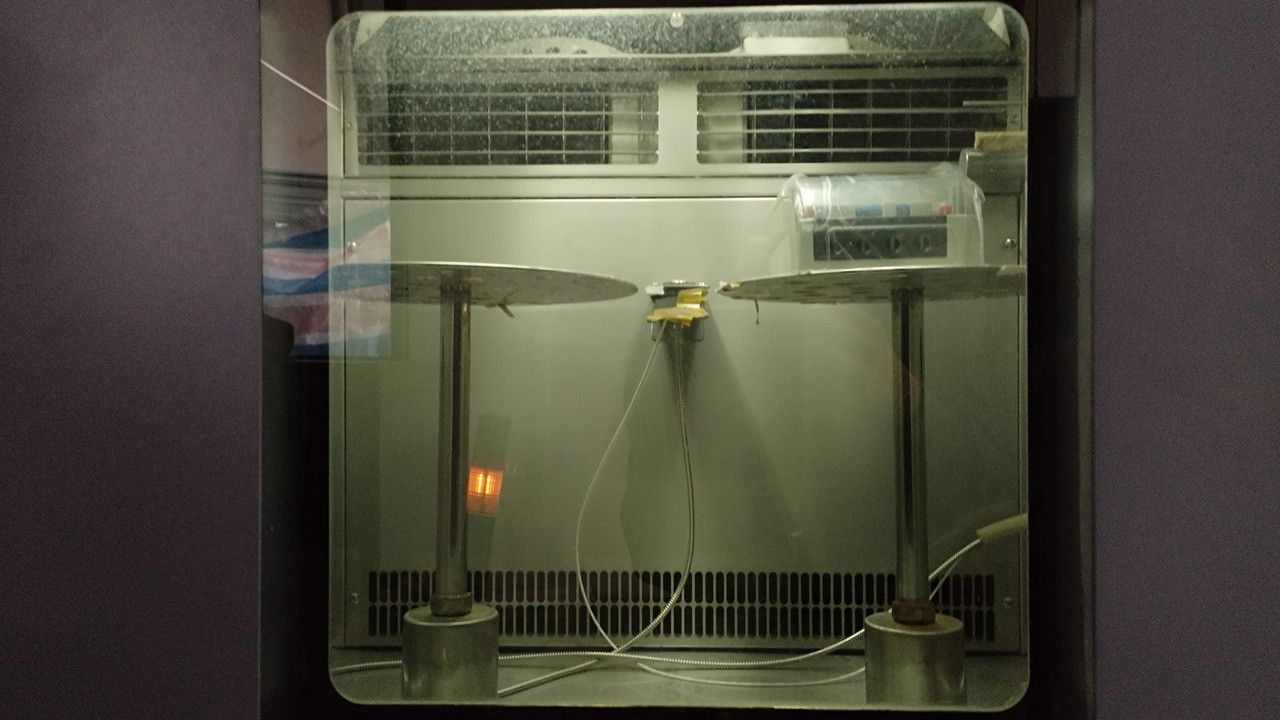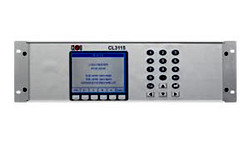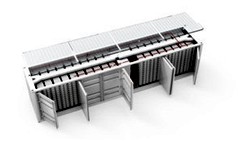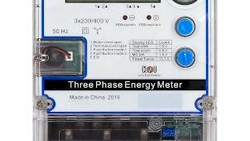Electricity is a fundamental aspect of modern life, and the measurement of electricity usage is essential for billing and other purposes. Electronic energy meters are widely used for measuring electricity consumption, but their accuracy can be influenced by various factors such as solar radiation. In this article, we will discuss the impact of solar radiation on the measurement and housing of the electronic energy meter.

Introduction
Electronic energy meters are electronic devices used to measure the consumption of electricity. These meters are commonly used in residential, commercial, and industrial settings for billing purposes. The accuracy of these meters is critical, as any errors in measurement can lead to incorrect billing and financial losses for both consumers and service providers.
Solar Radiation Effect
Solar radiation can have a impact on the accuracy of electronic energy meters. Solar radiation is a form of energy emitted by the sun that can cause the temperature of the electronic energy meter to rise. Solar radiation can also cause interference with the electronic circuitry of the meter, leading to further inaccuracies.
Standards for Solar Radiation Testing
To ensure the accuracy of electronic energy meters, the International Electrotechnical Commission (IEC) has developed standards for testing the effect of solar radiation on electronic energy meters. The two relevant standards are:
- IEC 62052-11:2020
Electricity metering equipment (AC) – General requirements, tests and test conditions – Part 11: Metering equipment (class indexes, accuracy classes and the application of meters), see clause #8.3.6 Protection against Solar Radiation - IEC 60068-2-5:2018
Environmental testing – Part 2-5: Tests
– Test S: Simulated solar radiation at ground level and guidance for solar radiation testing and weathering
IEC 62052-11 provides general requirements and tests for electronic energy meters, including the testing of their accuracy under various environmental conditions, including exposure to solar radiation. IEC 60068-2-5 provides guidance on the testing of electronic equipment for resistance to solar radiation.
Test Procedure
The test applies to meters for outdoor use and shall be carried out according to IEC 60068-2-5: 2018, under the following conditions:
a) meter in non-operating condition
b) test procedure Sa 1 (formerly named A, 8 h irradiation and 16 h darkness)
c) upper temperature: +55 °C
d) duration of the test: 3 cycles or 3 days
The irradiance value is equal to 1120 W/m 2 ± 10 %. This test is conducted in a dedicated test chamber.

Acceptance Criteria
After the test, when the reference test conditions are restored, the meter shall show no damage and shall operate with a percentage error not exceeding the accuracy class limits specified in the relevant particular requirements standard. All meter functions shall be restored without any intervention of the operator.
In addition, the meter shall be visually inspected. The appearance and, in particular, the legibility of markings shall not be altered.
Personal Estimation
The IEC test procedure states that the meter is in non-operating condition, so the effect on meter accuracy during the time of solar radiation is by IEC ignored. By my experience, the accuracy can shift by more than 0.5 % during the test (8 h irradiation, meters class 1 from different manufacturers), depending on power factor and load. This effect is transient and vanishes when there is no radiation. Also for this reason, CLOU meters are calibrated for 0.4 % of the initial accuracy class.
I recommend installing outdoor meters always in an enclosure, also under the aspects of ingress- (IP) and tamper protection.
Takeaway
The effect of solar radiation on the measurement of electronic energy meters is a complex phenomenon that is influenced by various factors such as the intensity and duration of exposure to solar radiation, the orientation and location of the meter, and the temperature of the environment. Solar radiation can have an impact on the accuracy of electronic energy meters.
Editor's note: This article was originally published in May 2023 and has been updated for comprehensiveness.





All comments are moderated before being published. Inappropriate or off-topic comments may not be approved.